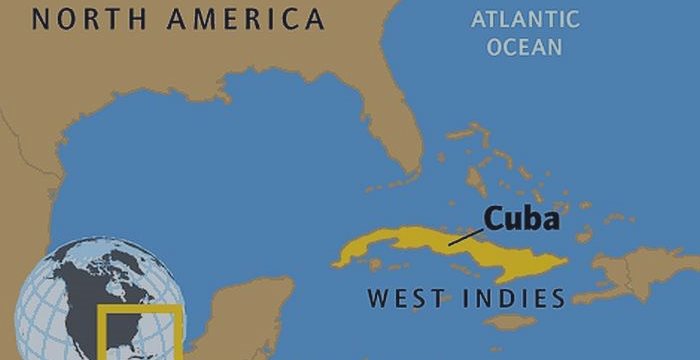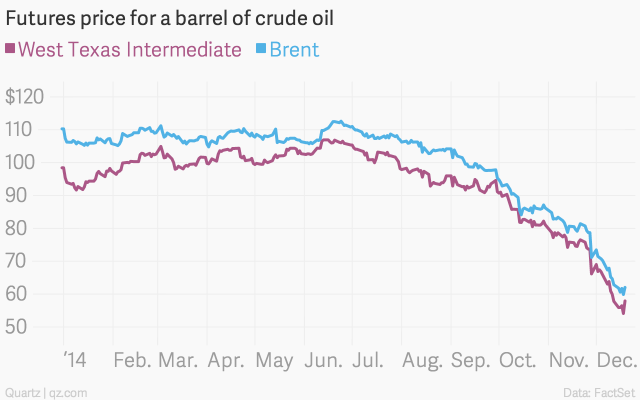
Papal assist aside, economics are the reason Cuba ditched Venezuela for America
The diplomatic break-through between the United States and Cuba is clearly a major second-term coup for President Barack Obama, but in reality, the island nation’s willingness to expedite the pace of reform was forced upon it due to Venezuela’s diminishing ability to continue offering financial support.
Facing a liquidity crisis and mounting economic distortions in Venezuela, the Maduro regime is being forced to dramatically ratchet back the support it offers to its Central American and Caribbean neighbors through its Petrocaribe program. The outlook for Caracas is grim with many analysts believing the country is facing the prospect of a sovereign default next year unless there is a major rebound in global oil prices, which largely underpins Venezuela’s economy.

Venezuela’s economy is set to contract by at least 4% this year and next, while inflation is at 63% and is on pace to reach triple digits next year. At the same time, dollar scarcity has forced the government to dramatically cut back on imports, leading to mounting goods scarcity and causing President Nicolas Maduro’s approval ratings to plummet. The president enjoys popular support of just 22%, according to the most recent Datanalisis poll, while 84% of respondents believe the country is heading in the wrong direction. With crude oil having shed 50% of its value this year, countries like Venezuela whose economies are dependent on oil have suffered extensively.
Through the Petrocaribe program, Venezuela provides oil with generous financing and repayment terms to its allies in the region. In the case of Cuba, Venezuela had been providing around 100,000 barrels per day of oil, far more than the nation requires for its daily needs. That has allowed Cuba to sell the balance—estimated as being as much as 40,000 barrels a day—on the open market and pocket the proceeds.
Already though, to Cuba and other regional allies, Venezuela has been scaling back the program given the rapidly growing financial restraints it faces at home. In the case of Cuba, the flow of oil from its formerly wealthy neighbor has already dropped by as much as 25% over the past year, according to private estimates. With Venezuela’s oil basket now at $53 per barrel, that trend seems certain to continue, a factor that no doubt figured highly in the minds of Raul Castro as he mulled striking an agreement with the US.
The compact announced simultaneously by Obama and Castro on Wednesday is likely not the tipping point in terms of moving the island firmly towards a democratic nation open to foreign investment, even though it will no doubt increase the clamoring inside of Cuba for greater access to the US and other markets. Still, Cuba will benefit from increased commercial ties (even without the embargo being lifted) and access to multi-lateral financing. The real turning point may be when Raul Castro hands over the reins of power to presumed successor Miguel Diaz-Canel, who is widely seen as having reformist sympathies, when the said tipping point could be reached.
Diaz-Canel, the current vice president, is just 54 years old, a relative youngster when compared to the Castro brothers. He has increasingly been the public face of government policies, including the reform agenda, and with few alternative financing options, will likely have to expedite the pace of economic reform. Interestingly, Pope Francis has been credited in media reports as having helped broker the talks between the Obama administration and the Castro regime, and to be sure, his efforts in the country go back years, given his background as a cardinal in Latin America.
But having said all that, Cuba’s willingness to reach a deal that was highly unlikely with the US only months ago, speaks volumes both about Havana’s reliance on Venezuela’s economic largesse, and also on the rapidly deteriorating state of the economy in Venezuela. It is logical to assume that with slightly greater access to the US market, an increase in remissions from Cubans living in the US, and greater ability for Americans to travel to, and do business with, its island neighbor, Cuba’s dependence on Venezuela will continue to lessen in the waning years of the half-century Castro brothers rule.


